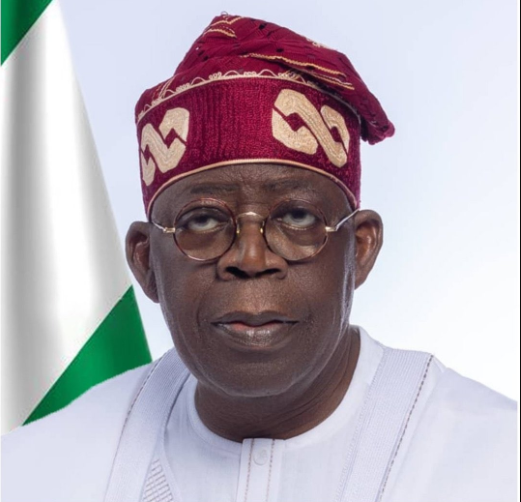President Bola Tinubu is considering barring revenue-generating agencies including the Nigerian Ports Authority (NPA), Nigerian Maritime Administration Agency (NIMASA) and the Nigeria Customs Service (NCS) from collecting revenue on behalf of the Federal Government, proposing the establishment of a new entity, the Nigeria Revenue Service, to handle all revenue collection tasks. This is part of a broader effort to introduce comprehensive tax reforms aimed at enhancing government revenue collection.
These reforms will streamline the collection of direct taxes and levies, preventing over 60 agencies from continuing their revenue collection functions. Instead, the newly proposed Nigeria Revenue Service will centralise the process, ensuring maximum revenue generation to fund public services and infrastructure.
The President forwarded four executive bills to the National Assembly on Thursday, seeking to implement these reforms. The key bill, the Nigeria Revenue Service (Establishment) Bill, proposes renaming the Federal Inland Revenue Service (FIRS) and granting the new agency the responsibility of assessing, collecting, and accounting for government revenue.
A source at the Presidency clarified that the reform does not merge existing agencies but instead transfers their revenue collection roles to the new agency. This structure mirrors models used by tax agencies in the U.S. and U.K., where a single entity manages government revenue, allowing other agencies to focus on their core mandates, such as trade facilitation.
The policy stems from the need to address Nigeria’s revenue challenges, with the country’s tax-to-GDP ratio currently one of the lowest in the world. Nigeria aims to reach a minimum tax-to-GDP ratio of 18%, up from its current position below the African average, to reduce fiscal deficits and reliance on borrowing.
In addition to the Nigeria Revenue Service bill, President Tinubu submitted three other bills as part of the “Transmission of Fiscal Policy and Tax Reform Bills.” These include the Nigeria Tax Bill, which establishes a consolidated fiscal framework for taxation; Nigeria Tax Administration Bill, to provide a clear legal framework to ensure consistent and efficient tax law administration, reducing disputes and optimising collection and the Joint Revenue Board (Establishment) Bill, to establish a Tax Appeal Tribunal and a Tax Ombudsman to harmonise and resolve disputes related to revenue administration.
The proposed reforms follow recommendations from the Presidential Fiscal Policy and Tax Reforms Committee, led by Taiwo Oyedele, which seeks to streamline Nigeria’s tax system, reducing the number of taxes from 62 to a maximum of nine. The objective is to relieve the burden on small businesses and vulnerable groups while ensuring that middle-class and wealthy individuals pay their fair share.
Tinubu expressed confidence that the proposed reforms will promote taxpayer compliance, boost investment, and stimulate economic growth. The bills are also expected to foster greater transparency and accountability in Nigeria’s fiscal regime, contributing to long-term macroeconomic stability.
Speaker of the House of Representatives, Tajudeen Abbas, confirmed receipt of the bills and emphasised their alignment with the administration’s objectives of promoting economic growth and sustainability.
